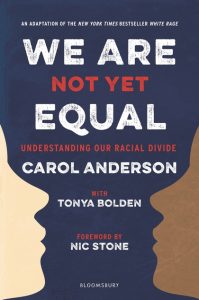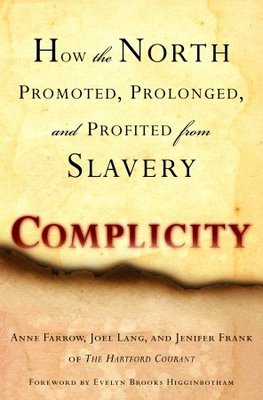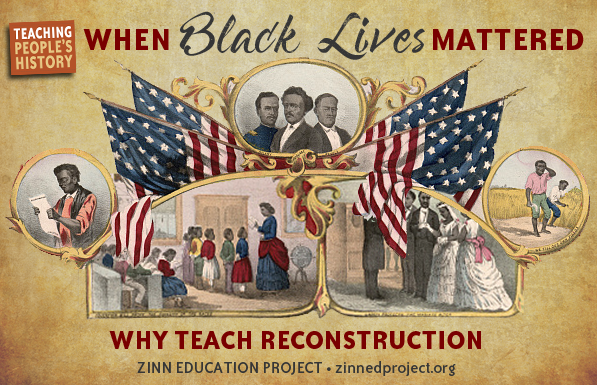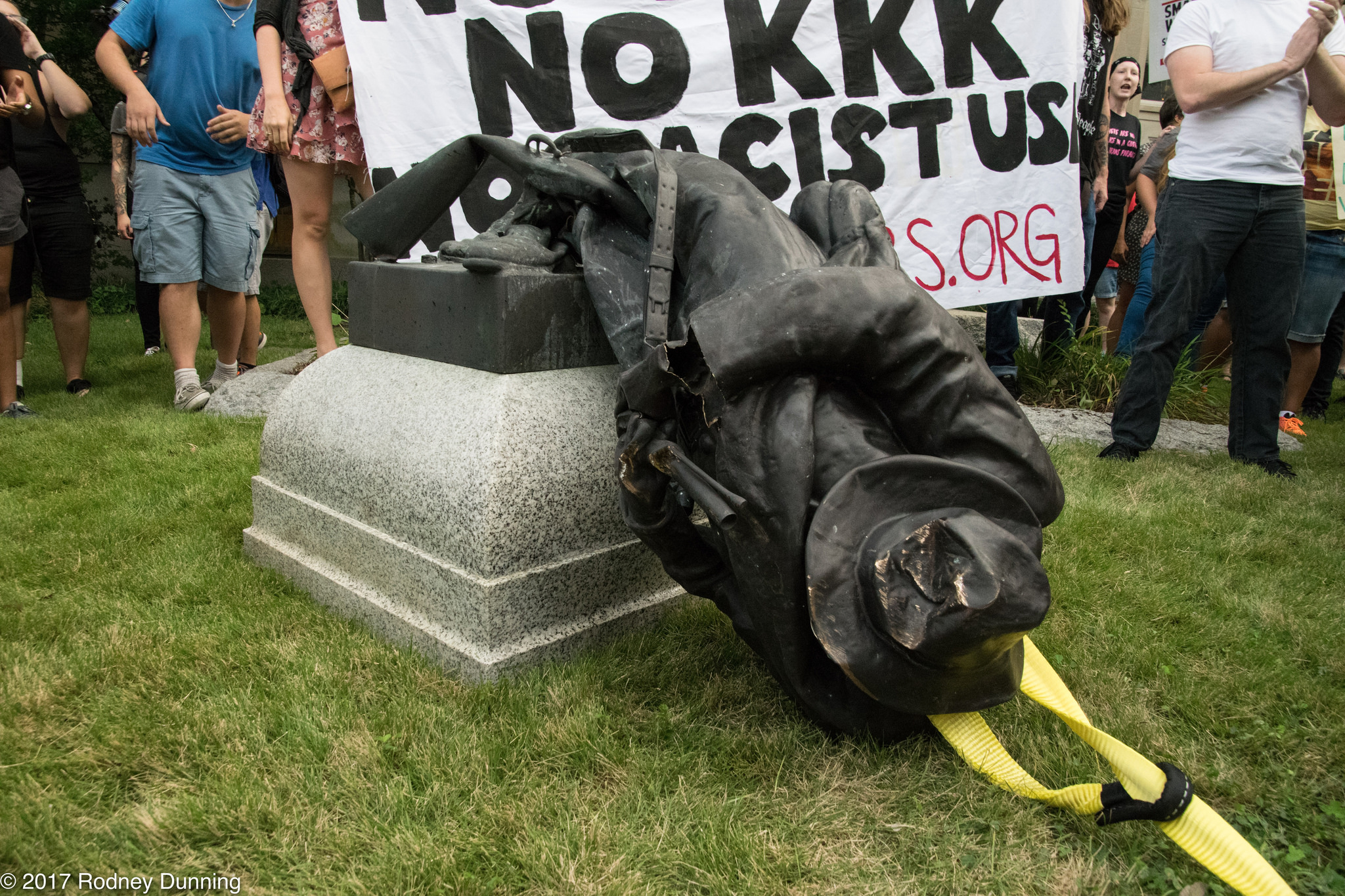![]() The “unspoken truth” of the subtitle of Carol Anderson’s White Rage is that the dominant narrative of uninterrupted, albeit slow, racial progress is false.
The “unspoken truth” of the subtitle of Carol Anderson’s White Rage is that the dominant narrative of uninterrupted, albeit slow, racial progress is false.
Anderson’s book looks at five major historical episodes of Black advancement and shows, in painstaking and unimpeachable detail, how an enormous “array of policy assaults and legal contortions” — as well as brute force — “has punished Black resilience, Black resolve.”
From Reconstruction to the election of the first Black president, Black progress has always been met with a white rage that seeks to undo, reverse, and roll-back full citizenship for African Americans. Written in accessible language, and organized by era, text excerpts can be easily pulled from it for high school classrooms.
ISBN: 9781632864130 | Bloomsbury Books
 Teach this book with middle and high school students with the young adult edition, We Are Not Yet Equal: Understanding Our Racial Divide by Carol Anderson and Tonya Bolden. Here is a description from the publisher:
Teach this book with middle and high school students with the young adult edition, We Are Not Yet Equal: Understanding Our Racial Divide by Carol Anderson and Tonya Bolden. Here is a description from the publisher:
We Are Not Yet Equal examines five moments, when: The end of the Civil War and Reconstruction was greeted with Jim Crow laws; the promise of new opportunities in the North during the Great Migration was limited when Black people were physically blocked from moving away from the South; the Supreme Court’s landmark 1954 Brown v. Board of Education decision was met with the shutting down of public schools throughout the South; the Civil Rights Act of 1964 and Voting Rights Act of 1965 led to laws that disenfranchised millions of African American voters and a War on Drugs that disproportionally targeted Blacks; and the election of President Obama led to an outburst of violence including the death of Black teen Michael Brown in Ferguson, Missouri as well as the election of Donald Trump.










Twitter
Google plus
LinkedIn